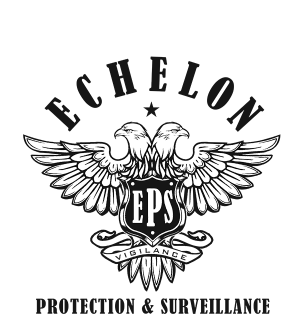 Child residential group homes play a crucial role in providing a safe and nurturing environment for children who cannot live with their families. These homes are responsible for the well-being and development of these vulnerable children, making it imperative to ensure their safety and security. In recent years, advanced security systems, including trained security guards, have emerged as a vital tool in safeguarding children in these homes, offering enhanced surveillance capabilities, access control, and emergency response systems.
Child residential group homes play a crucial role in providing a safe and nurturing environment for children who cannot live with their families. These homes are responsible for the well-being and development of these vulnerable children, making it imperative to ensure their safety and security. In recent years, advanced security systems, including trained security guards, have emerged as a vital tool in safeguarding children in these homes, offering enhanced surveillance capabilities, access control, and emergency response systems.
The Vulnerability of Children in Residential Group Homes
Children in residential group homes are particularly vulnerable due to their unique circumstances. Many of these children have experienced trauma, abuse, or neglect, making them more susceptible to potential risks and dangers. Without adequate protection, they may be exposed to physical harm, emotional distress, or even exploitation. It is crucial to implement proactive measures to safeguard these children and create a secure environment for their growth and development.
Traditional Security Measures in Child Residential Group Homes
Currently, most child residential group homes rely on traditional security measures such as locks, alarms, and security personnel. While these measures provide a basic level of security, they have limitations and shortcomings. Traditional systems often lack advanced surveillance capabilities, making monitoring and responding to potential threats difficult. Additionally, access control measures may be inadequate, allowing unauthorized individuals to enter the premises. To address these shortcomings, advanced security systems are needed.
Benefits of Advanced Security Systems
Advanced security systems offer a range of benefits that significantly enhance the safety and security of children in residential group homes.
Enhanced surveillance capabilities
Advanced surveillance technologies, such as high-definition cameras and video analytics, provide a comprehensive view of the premises. Real-time monitoring and remote access features allow security professionals to monitor activities and respond promptly to any potential threats. Moreover, the improved accuracy and reliability of surveillance footage aid in investigations and provide valuable evidence if an incident occurs.
Access control and visitor management
Controlling access to the premises is crucial in ensuring the safety of children in residential group homes. Advanced access control systems, such as biometric authentication and smart card readers, offer a higher level of security by restricting entry to authorized individuals only. Visitor management systems further enhance safety by screening and monitoring visitors, ensuring that only approved individuals have access to the children.
Alarm and emergency response systems
Advanced alarm systems equipped with sensors and detectors can detect potential threats, such as fire or intrusion, and trigger immediate response from staff and emergency services. These systems provide early warning and enable swift response, minimizing the risk of harm to the children. Additionally, panic buttons and emergency communication devices can be installed throughout the premises, allowing children and staff to quickly call for help in case of an emergency.
Implementation Challenges and Considerations
While advanced security systems offer significant benefits, their implementation in child residential group homes may face certain challenges. These include financial constraints, staff training requirements, and potential privacy concerns. It is essential to carefully assess these challenges and develop strategies to overcome them to ensure the successful implementation and utilization of advanced security systems.
Luckily, here at EPS, we can help. Our team has already provided advanced security services to child residential group homes across Pennsylvania. Get in touch today for more information on how we can help.


